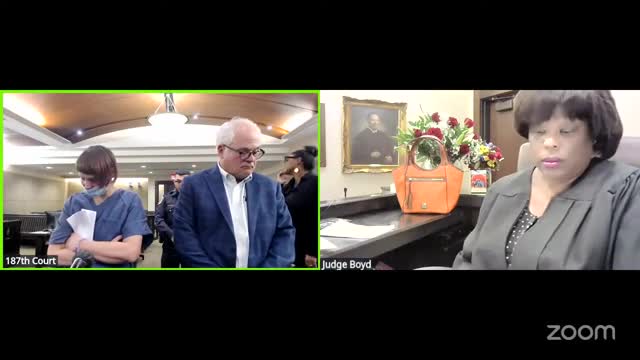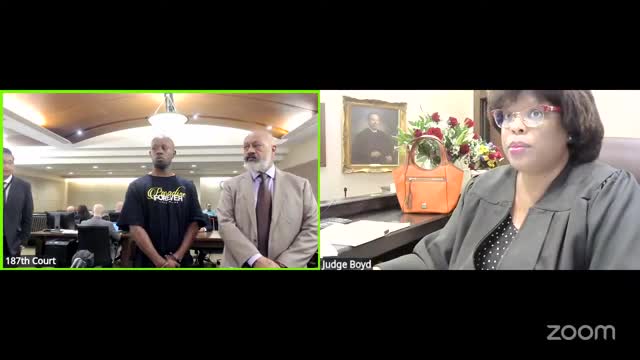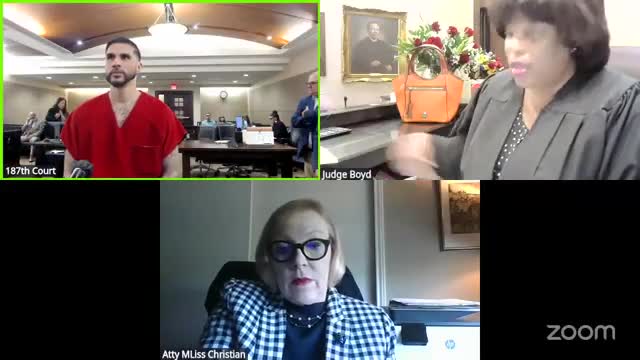Article not found
This article is no longer available. But don't worry—we've gathered other articles that discuss the same topic.

Court orders 3 years deferred adjudication, mental-health referrals and no-contact terms for Leslie O'Banion

Judge sets $20,000 bond and GPS for man on deferred-adjudication revocation motion

